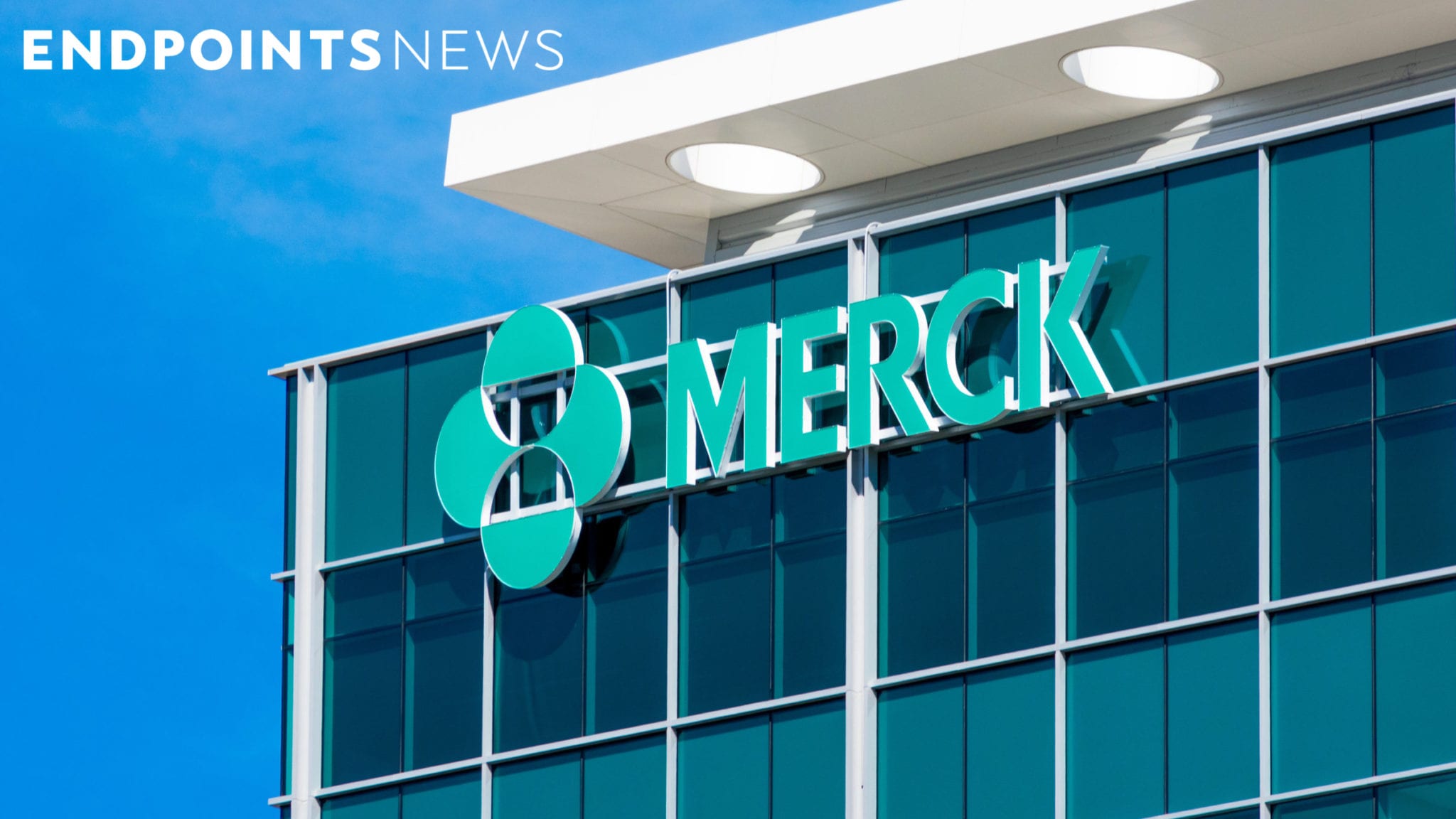
Another day, another win for Merck’s blockbuster Keytruda.
The FDA has granted accelerated approval for the cash cow combined with chemotherapy in triple negative breast cancer, giving the drug the green light in its 18th different cancer. Monday’s new indication comes for patients with PD-L1-expressing tumors with a Combined Positive Score of at least 10.
Merck noted that due to the nature of the accelerated approval, the thumbs up is contingent upon confirmatory trials.
Data for the approval first came back in February, when the Keynote-355 trial demonstrated Keytruda plus chemo significantly improved progression-free survival compared to chemo by itself. The study showed that, in the target population with a CPS of at least 10, the combination reduced the risk of disease progression or death by 35% with a median PFS of 9.7 months, against 5.6 months in the placebo arm.
On safety, the February data showed 2.5% of all patients in the drug arm saw fatal adverse events, including cardiac arrest and septic shock, with serious side effects appearing in 30% of patients. Keytruda was discontinued due to adverse events in 11% of patients.
Frontline triple negative breast cancer is a particularly difficult indication to treat, as the growth of the cancer is not fueled by the hormones estrogen and progesterone, or by the HER2 protein. It’s one of the rare fields in which Roche’s PD-L1 Tecentriq has enjoyed a head start over Keytruda and Opdivo, the leaders in the checkpoint race, as Tecentriq is approved in combination with Abraxane for this indication.
Back in May 2019, Merck conceded a failure in the arena after a Phase III study flopped on overall survival. But a few months later, the pharma turned things around after discovering a neoadjuvant regimen of Keytruda and chemo — followed by Keytruda monotherapy after surgery — induced a higher pathological complete response rate.
Though execs presented that as a positive, some analysts didn’t paint as sunny a picture. This past February, when the Keynote-355 topline data was first published, SVB Leerink’s Daina Graybosch pointed out that because only patients with a CPS of at least 10 appeared to benefit, instead of a score of at least 1, it won’t be able to treat as broad a population as Tecentriq. Roche, she noted, also has about a two-year head start.
Keytruda is already one of the best-selling drugs in the world, having notched roughly $3.9 billion in the first half of 2020 alone. Some have predicted the drug may overtake AbbVie’s Humira as the top seller within the next few years, with the most optimistic estimate pegged for $22.2 billion in sales by 2025.
"triple" - Google News
November 16, 2020 at 06:56PM
https://ift.tt/2IK9sI6
Merck's Keytruda nets another approval, this time in triple negative breast cancer. Can it catch up to Tecentriq? - Endpoints News
"triple" - Google News
https://ift.tt/3dc0blF
https://ift.tt/2WoIFUS
Bagikan Berita Ini
















0 Response to "Merck's Keytruda nets another approval, this time in triple negative breast cancer. Can it catch up to Tecentriq? - Endpoints News"
Post a Comment